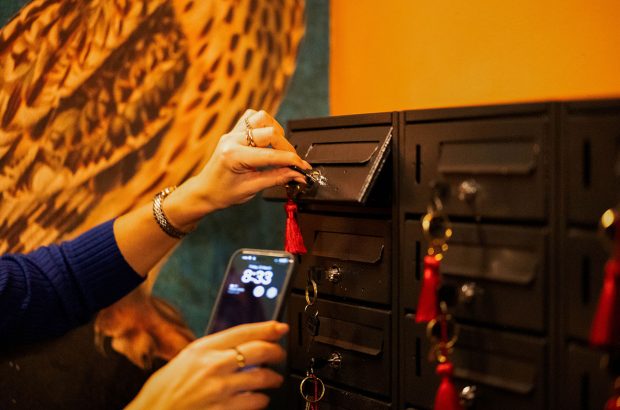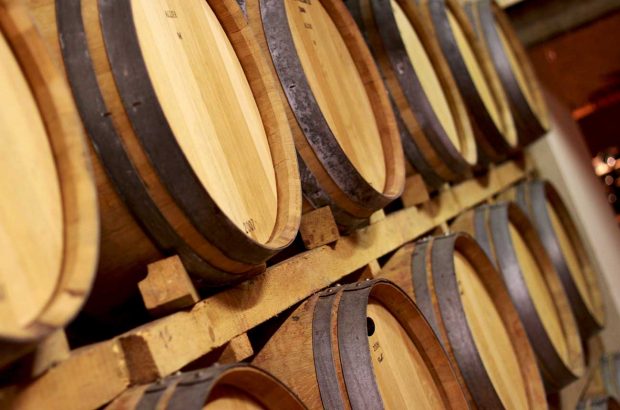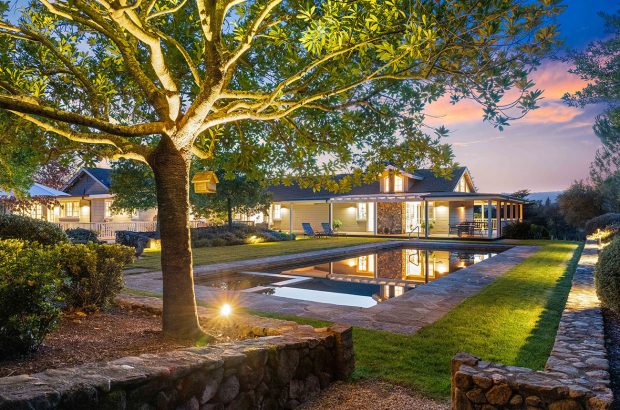A South African proposal to allow producers to water down musts would flout European law, says the WSTA.
The proposal, to legalise adding water to must, has already been passed by the South Africa’s Wine and Spirit Board and is now being considered by the Government.
Producers say the method aims to improve quality not increase volume, as well as meet a growing trend for lower alcohol levels. It is thought it could become law by the end of 2011.
However, the architects of the proposal, Wine Cellars South Africa, told decanter.com they were ‘not sure’ whether the EU’s stance would affect exports to the European Union.
The UK Wine and Spirit Trade Association confirmed that the practice of adding water to must is not permitted under OIV and EU rules.
This would make it illegal to export South African wines to the EU that had had water added to the must.
The WSTA’s head of communications, Gavin Partington told decanter.com: ‘International regulations governing wine production and trade do not allow the sale of wine within the EU made using grape must which has been diluted with water. This position is unlikely to change.’
Current EU laws permit the reduction of alcohol levels by up to 2% using spinning cone and reverse osmosis technology for ‘experimental’ purposes/
The proposal argues adding water ‘seems to be a “softer” approach to correcting the balance, [as] opposed to equipment like spinning cones’.
The South Africans claim that they can only attain the desired ripeness by leaving grapes to hang late on the vines, resulting in high alcohol levels.
Written by Rebecca Gibb





